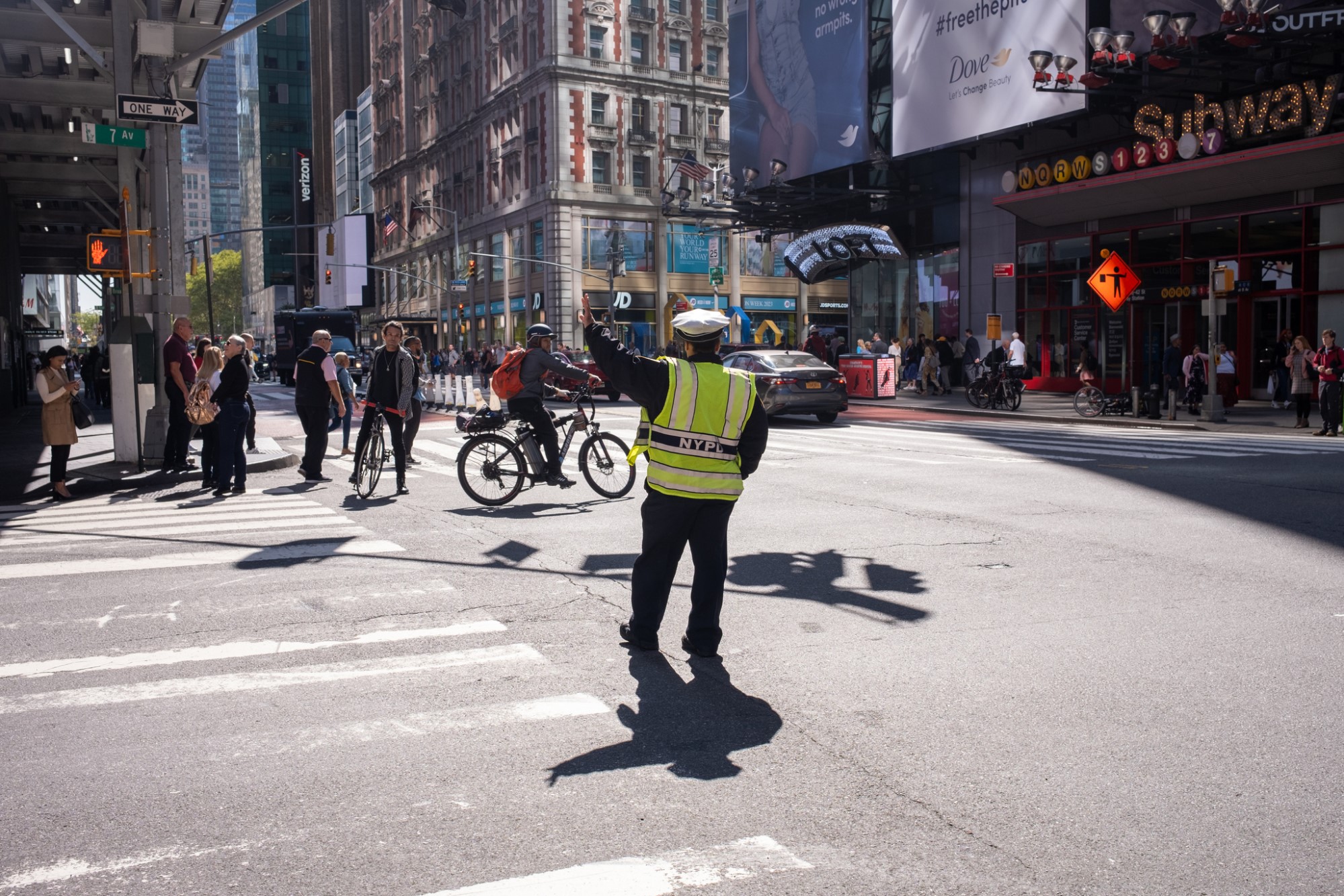Is It Always Wrong to Blame the Victim?

In July 2010, Terry Jones, the pastor of a small church in Florida, announced he would burn 200 Qurans on the ninth anniversary of the 9/11 attacks — an event he dubbed “International Burn the Quran Day.” The pastor blamed the Quran for the attacks and other terrorist violence. When September came, Jones was temporarily dissuaded from acting through the personal intervention of religious leaders and government officials, including a phone call from Defense Secretary Robert Gates. Nevertheless, in March 2011, Jones livestreamed a “trial” of the holy book, complete with Arabic subtitles. After a brief recitation of the “charges,” the pastor condemned a copy of the Quran to be torched in a portable fire pit. A few weeks later an Afghan mob, whipped into a frenzy by sermons and speeches denouncing the act, attacked a U.N. compound, killing seven U.N. employees. Subsequent riots left nine dead and more than ninety injured. Days later, two U.S. soldiers were shot and killed by an Afghan policeman in an attack that was later attributed to his anger over the burning.
Condemnation of Jones was nearly universal. A frequent theme in the chorus of opprobrium was the argument that Jones was responsible for putting American lives at risk overseas.
Prior to the burning, President Obama said that “I just want [Jones] to understand that this stunt that he is talking about pulling could greatly endanger our young men and women in uniform who are in Iraq, who are in Afghanistan.” After the riots, a Pentagon spokesman said the violence showed that “irresponsible words and actions do have consequences.” Some commentators also blamed the U.S. media for “recklessly” amplifying the story. Only a few, mostly conservative writers focused attention on the “eternal flame of Muslim outrage” that made Quran-burning such an explosive act.
This incident came to mind as I read Giles Howdle’s recent column on the assassination attempt against Salman Rushdie. Howdle argues that Rushdie is not responsible for any of the violence provoked by his novel, The Satanic Verses — including, but not limited to, violence directed at his own person.
To support his claim, Howdle points out that Rushdie’s actions, while part of a causal chain that predictably produced violence, were themselves non-violent, and that Rushdie never encouraged or desired violence.
According to Howdle, blaming Rushdie is akin to blaming the victim of sexual assault for having worn “provocative” clothing. Moreover, Howdle contends that placing responsibility for violence on Rushdie instead of the Muslim perpetrators treats the latter as “lacking full moral agency.”
These arguments are compelling, but I wonder if they derive some of their plausibility from the fact that Rushdie is an immensely sympathetic character: a brilliant writer and man of the left, persecuted for nothing more than a witty novel. Jones is a much less appealing figure; and yet, in its essentials, his act and Rushdie’s seem comparable. Jones’ act was non-violent, albeit part of a causal chain that predictably caused violence. While it is debatable whether Jones set out to incite violence, assume arguendo that his act expressed his sincerely held, if deeply bigoted beliefs, and that he merely foresaw the possibility of violence resulting from his act rather than wanting or intending it to occur. Doubtless, Rushdie’s novel is more valuable than Jones’ political stunt; but Howdle’s case does not turn on the value, aesthetic or otherwise, of Rushdie’s work.
If your intuitions about these cases still differ, I suggest it has something to do with your sympathy for Rushdie and aversion to Jones, rather than any consistent commitment to the proposition that those who, through their non-violent acts, provoke others to commit acts of violence as a foreseen or foreseeable but unwanted side effect are not responsible for that outcome.
Consider this thought experiment. Smith is walking briskly to a job interview for which he is already five minutes late. Suddenly, out of an alley appears a man holding a woman at gunpoint, blocking Smith’s path. The man warns Smith that if he takes one step closer, he will shoot the woman. Unfortunately, Smith has to move in the man’s direction if he wants to make his interview. Resolving to set up a college fund for any children the woman might have, Smith takes a step toward the man, who promptly shoots the woman. Here, Smith’s act is non-violent, though it has predictably violent consequences given the man’s credible threat. In addition, Smith does not want any misfortune to befall the victim: if, say, the man’s gun jammed and the woman were able to escape his clutches, Smith would be delighted. Yet surely he bears some responsibility for her death, and in the scenario in which the gun jams, he is still responsible for risking her life. It might be argued that by taking the step, Smith somehow encouraged or incited the man. But if simply doing what will predictably trigger the execution of another person’s threat constitutes incitement or encouragement, then writing, publishing, or not recalling a book in the face of credible threats that these acts will cause violence is also encouragement or incitement.
My point is not that the Smith case is analogous in every respect to the Rushdie case.
Rather, my argument is that we are sometimes partially responsible for other people’s violent acts and the harm that results, even if we don’t encourage or welcome them in any way.
If that’s true, then any argument for Rushdie’s lack of responsibility for the violence that occurred as the result of his novel’s publication needs to be more nuanced. It is not sufficient that Rushdie’s own acts were non-violent and that he did not encourage or incite violence or want it to occur.
What we need, in other words, is a more sophisticated theory of when we are morally responsible for causing others to harm third parties — notably including, but not limited to, situations in which we trigger the execution of another person’s credible threat to harm another. The range of cases is immense.
For example, when a government decides to abide by its policy never to pay a ransom in the face of a credible threat to a hostage’s life, and that decision leads to the hostage’s death, that is not generally considered an outcome for which the government is blameworthy. On the other hand, the media has sometimes been blamed for causing “copycat” acts of violence by publicizing the names or manifestos of mass shooters.
What distinguishes these cases? By carefully examining the differences between cases like these, we can start to build a theory that hopefully better explains our moral intuitions.
There is, of course, an obvious distinction between the Smith and Jones cases on the one hand, and Rushdie’s case on the other: Rushdie himself was a victim. Even if we grant that we are sometimes responsible for harm that others cause third parties, that is not the same as blaming the victim. The question, then, is whether we are ever responsible for self-harm that occurs as a foreseen or foreseeable but unwanted result of our actions’ influence on others.
There are actually two things we might mean when we say that we are “responsible” for this kind of self-harm. The first is that by knowingly running the risk of provoking harm to ourselves, we tacitly consent to the risk, thereby waiving our right against the perpetrator that she not harm us: the “he asked for it” defense. The second interpretation is that by knowingly running the risk of provoking harm to ourselves, we are blameworthy for the perpetrator’s acts and resulting self-harm. Space constraints prevent me from analyzing these interpretations in depth here, so a few general points must suffice.
As with responsibility for provoking others to harm third parties, it seems unlikely that we are either never or always responsible for self-harm in either of these senses.
The idea of holding sexual assault victims responsible for their perpetrators’ actions is morally repugnant, but this may be best explained in light of our attitudes and expectations related to sexual violence, rather than some general moral principle barring liability for self-harm in all cases. Again, it seems that we need a more nuanced theory than “the victim is never responsible.”
Despite the foregoing, I am confident that blaming Rushdie for the violence his novel provoked is morally perverse. However, as I hope to have shown, we need better arguments for why this is so.




